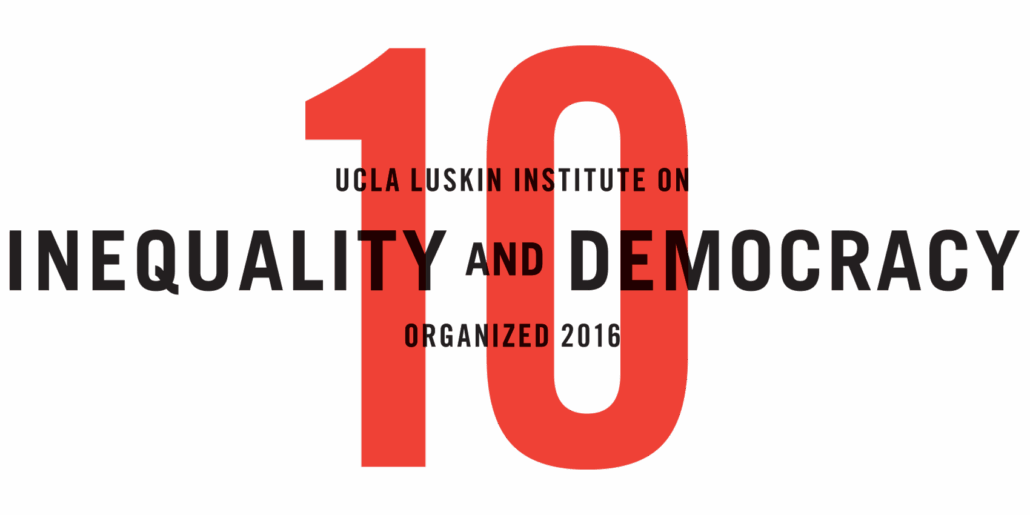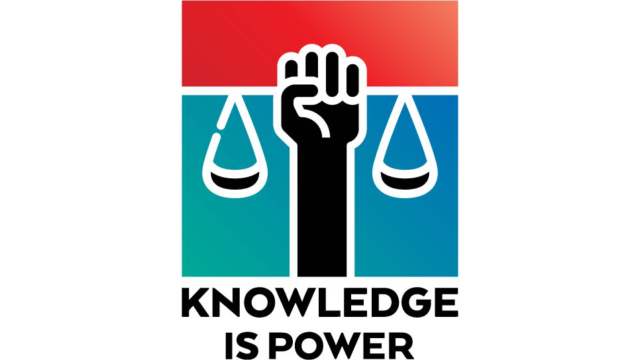Knowledge is Power: Empowering Youth in the Juvenile Justice System Through Popular Education
Jyoti Nanda and Alicia Virani, UCLA Law
The formal atmosphere of juvenile courtrooms in California often intimidates and confuses youth and their families, excluding youth’s participation in the juvenile court process and leading to a feeling of disempowerment. Court actors who receive inadequate training on how to most effectively convey information to young people may inadvertently prevent youth’s participation in achieving better outcomes during the process. The few educational tools about the juvenile justice system that do exist are difficult to access and even more difficult for young people and their families to understand. These materials often appear in long-form text, rarely in a language other than English, and don’t include explanations about the actors in the juvenile court system, or what a young person should do to prepare for their court date.
Increased knowledge about the juvenile justice system is directly linked to better outcomes for a young person who may have made an immature decision that could negatively determine the rest of their life. Their families can also play a vital role in helping them navigate the system. The goal of Knowledge is Power is to create relevant, understandable information for youth and their caregivers about the juvenile justice system, and to ensure access to these materials. By developing an interactive web-based tool available to youth and their families, Knowledge is Power will fill a current gap in education that can positively affect juvenile justice outcomes. This educational tool, built through responsive design, will incorporate feedback and research from youth currently and formally impacted by the juvenile system.




